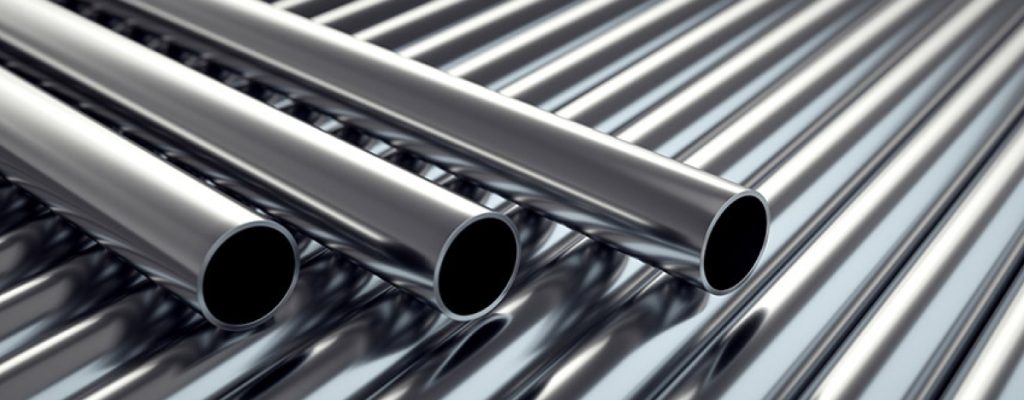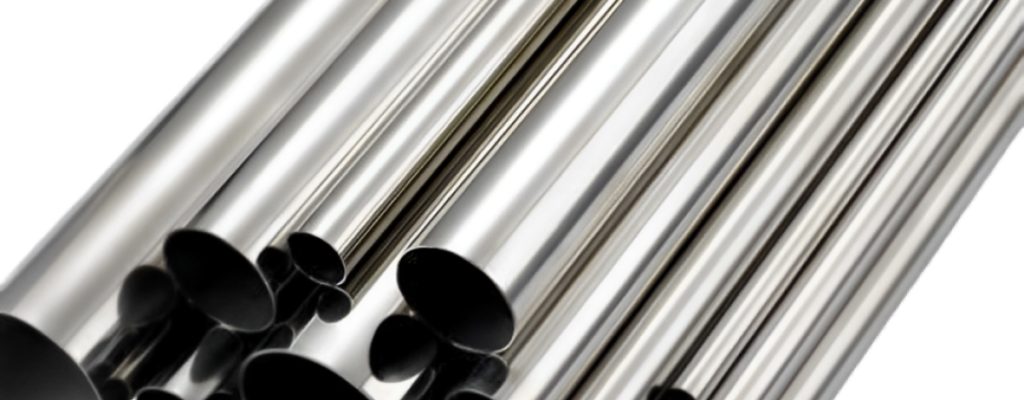Alloy Steel vs Carbon Steel Pipes and Fittings for Industrial Use
What is Alloy Steel?
Alloy steel is a type of steel that contains a mixture of elements such as chromium, nickel, molybdenum, and vanadium in addition to carbon. These alloying elements are added to enhance specific properties of the steel, such as corrosion resistance, toughness, and wear resistance.

- High-Performance Characteristics: Alloy steel is known for its ability to perform well under high stress and in extreme environments. The addition of elements like chromium and molybdenum significantly improves the material’s resistance to corrosion and oxidation, making it ideal for use in chemical processing, power generation, and oil and gas industries.
- Strength and Durability: Alloy steel pipes and fittings offer superior strength and durability, which is crucial for handling high-pressure systems and heavy-duty applications.
- Heat Resistance: The enhanced heat resistance of alloy steel makes it suitable for high-temperature applications, such as boilers, heat exchangers, and pressure vessels.
What is Carbon Steel?
Carbon steel is composed primarily of iron and carbon, with the carbon content typically ranging from 0.05% to 2.0%. Unlike alloy steel, carbon steel contains few alloying elements, making it more cost-effective but with different mechanical properties.

- Versatility and Cost-Effectiveness: Carbon steel is widely used in various industries due to its affordability and versatility. It is available in different grades, such as low-carbon steel (mild steel), medium-carbon steel, and high-carbon steel, each with specific applications.
- Good Weldability: Low-carbon steel, in particular, is known for its excellent weldability, making it a preferred choice for construction, piping systems, and structural applications.
- Strength: While not as strong as alloy steel, carbon steel still provides adequate strength for many industrial applications, especially when reinforced or treated.
Alloy Steel vs Carbon Steel Pipes and Fittings
When deciding between alloy steel and carbon steel for pipes and fittings, it’s essential to consider the specific requirements of the application.
Alloy Steel vs Carbon Steel: Corrosion, Temperature, Cost, and Applications
- Corrosion Resistance:
- Alloy Steel: Offers superior corrosion resistance, making it suitable for harsh environments, such as chemical processing plants, offshore platforms, and acidic or alkaline conditions.
- Carbon Steel: Less corrosion-resistant than alloy steel, often requiring protective coatings or galvanization for use in corrosive environments.
- Temperature and Pressure Handling:
- Alloy Steel: Ideal for high-temperature and high-pressure applications due to its strength and thermal stability.
- Carbon Steel: Suitable for lower temperature and pressure applications, though higher grades of carbon steel can handle more demanding conditions.
- Cost Considerations:
- Alloy Steel: Generally more expensive due to the added alloying elements and the complexity of the manufacturing process.
- Carbon Steel: More cost-effective, making it a popular choice for general-purpose applications where extreme conditions are not a concern.
- Applications:
- Alloy Steel: Commonly used in industries such as oil and gas, power generation, and chemical processing, where performance and longevity are critical.
- Carbon Steel: Widely used in construction, infrastructure, automotive, and manufacturing due to its affordability and versatility.
Applications of Alloy Steel and Carbon Steel Pipes and Fittings
Alloy Steel Applications:
- Oil and Gas Industry: Used in pipelines, pressure vessels, and drilling rigs due to its resistance to corrosion and high pressure.
- Power Generation: Ideal for use in boilers, heat exchangers, and steam turbines where high temperatures and pressures are common.
- Chemical Processing: Suitable for transporting aggressive chemicals, thanks to its excellent resistance to corrosion and chemical attack.
Carbon Steel Applications:
- Construction: Used in structural components, beams, and columns due to its strength and ease of fabrication.
- Automotive Industry: Commonly used in the production of vehicle frames, chassis, and other components.
- General Piping Systems: Employed in water, gas, and steam piping systems where moderate pressure and temperature conditions are present.
Conclusion
Choosing between carbon steel and alloy steel pipes and fittings depends on the specific needs of your industrial application. Alloy steel provides excellent strength, corrosion resistance, and durability, making it ideal for demanding environments. In contrast, carbon steel offers a cost-effective and versatile solution for general-purpose applications. By understanding the key differences and benefits of each material, you can make an informed decision that optimizes performance and longevity in your projects.


